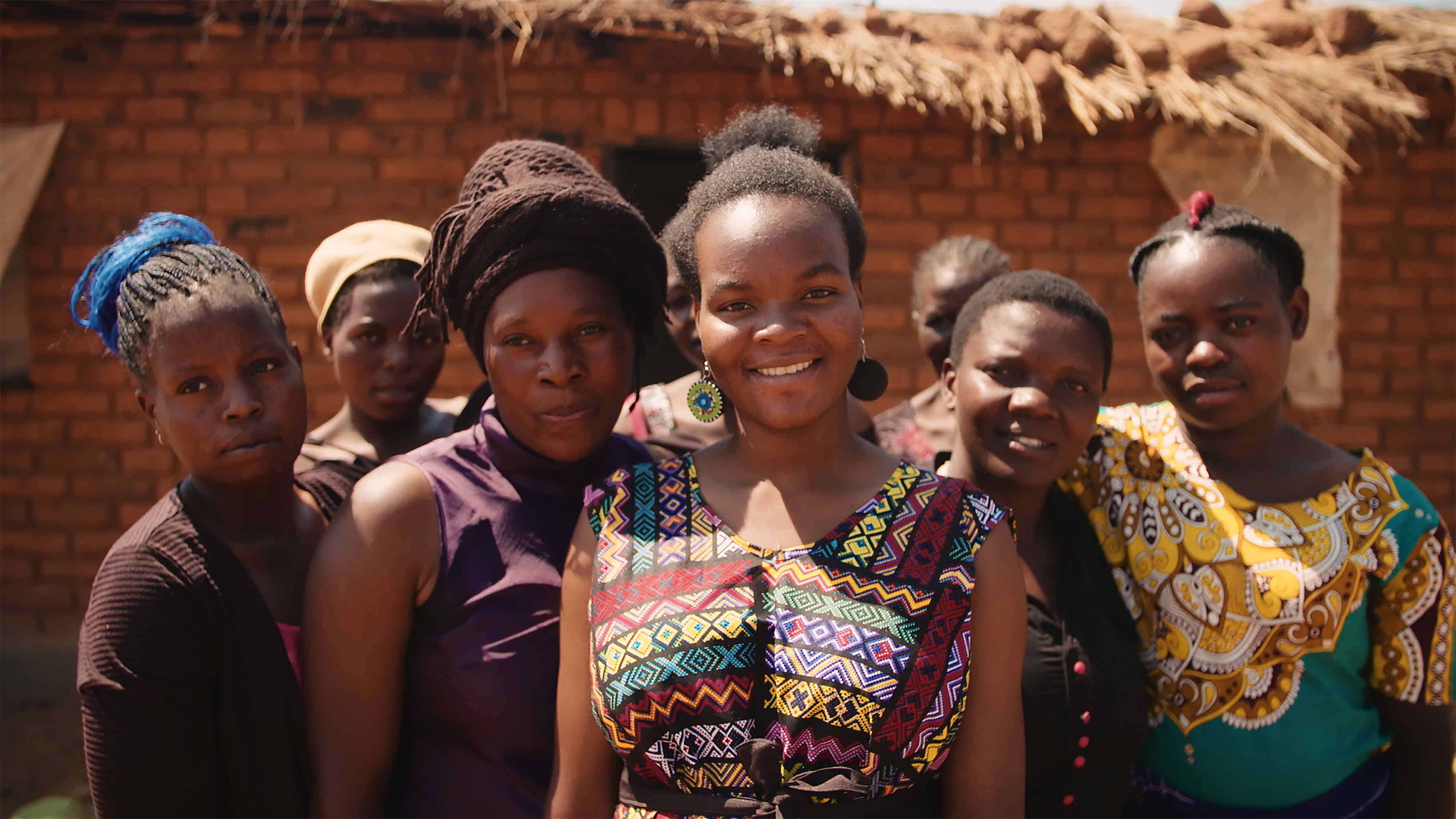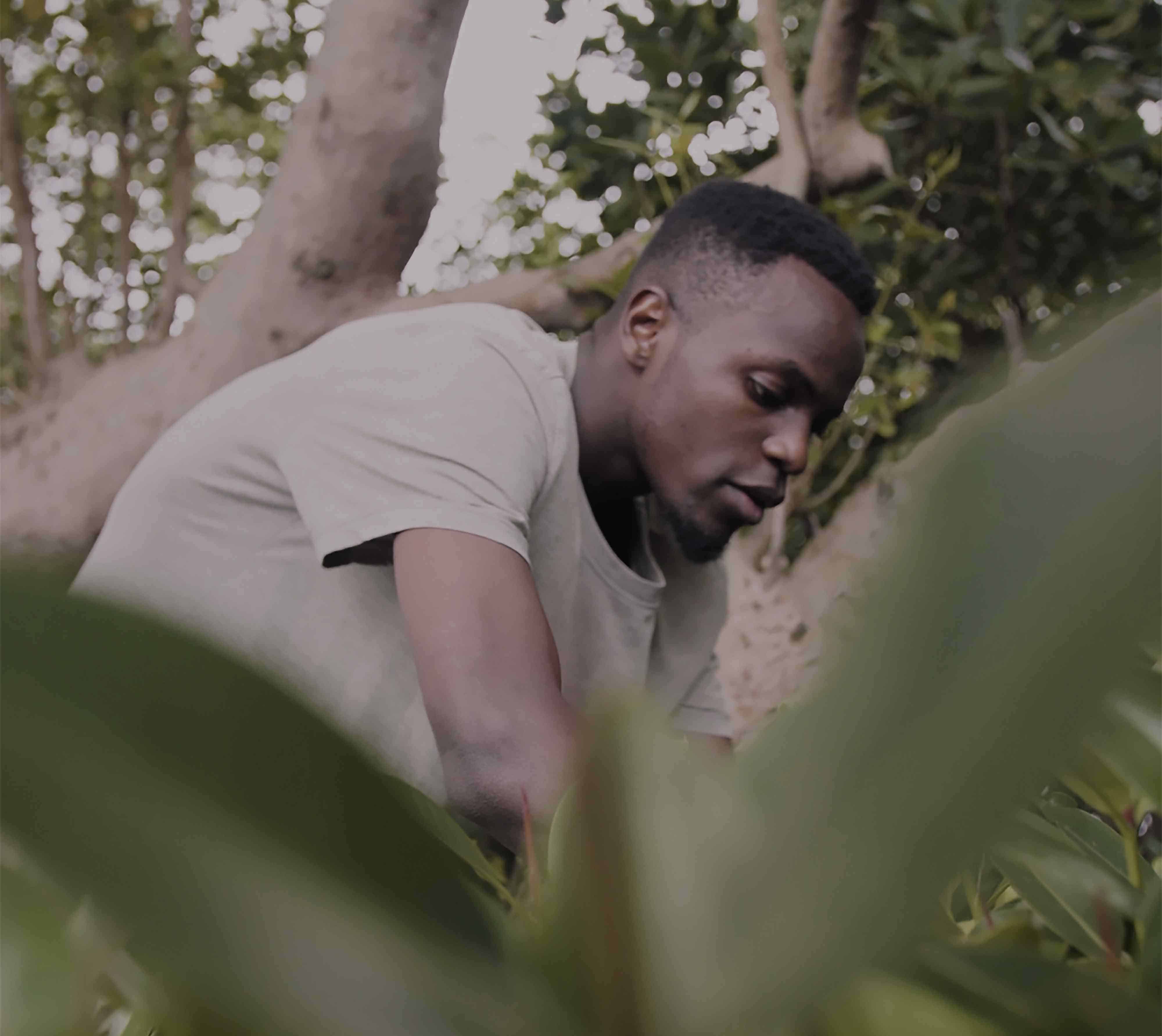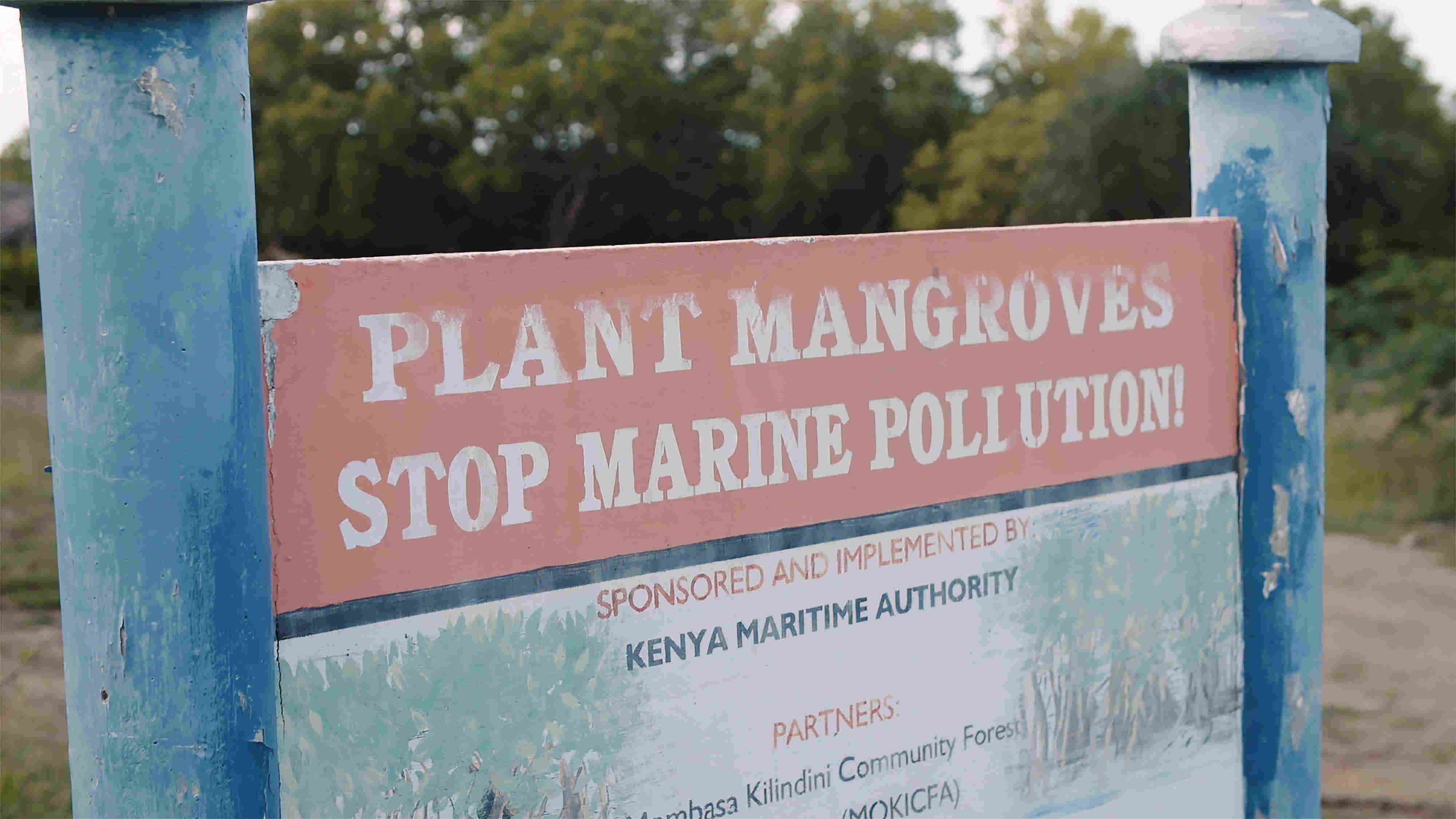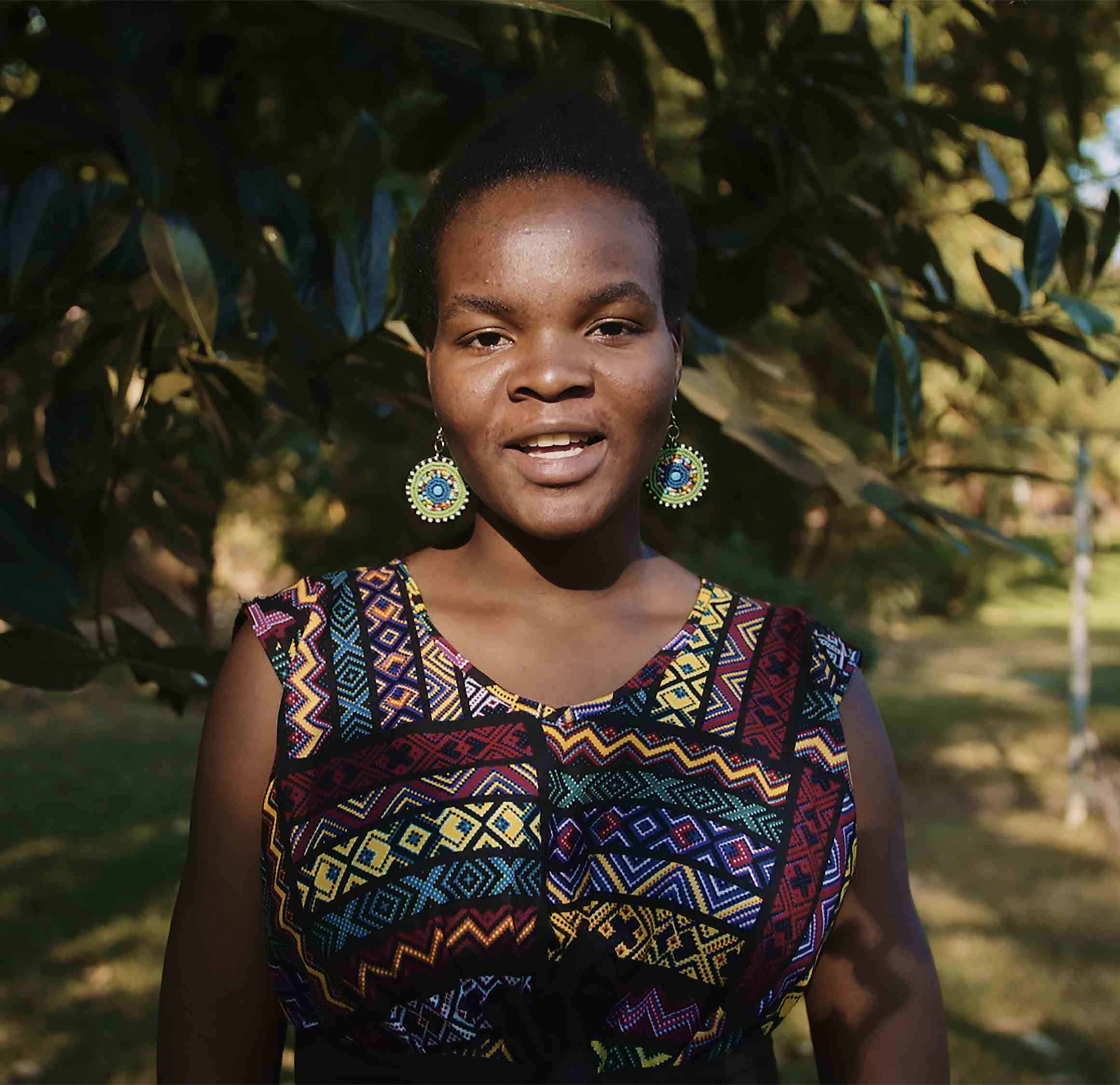Young Leaders for a Nature-Positive Future

Everything we value and rely on in life depends on nature: a stable climate, food, security, our economy, culture and happiness. But nature is being destroyed by human activities faster than it can regenerate – and the planet is crossing irreversible tipping points, with many communities already living in crisis. According to the United Nations Development Programme, 76% of the young people globally who hope to find solutions to this crisis say gaining access to finance is their main challenge. Enter The Iris Project, which helps youth activists protect and restore nature through grant funding, mentorship and community.
Its annual Prize rewards new ideas and established projects, hoping to overcome the circumstantial barriers that too often prevent young people from being able to advocate for nature-related change. After a three-month search and 170 applications from 42 countries, the winners were finally announced this week. “We have been absolutely blown away by the range and quality of applications that we have received from young people around the globe. We’re calling on the philanthropic community to step up and support more youth-led initiatives like those we are celebrating today. Simply put, we can’t do it without them”, explains founder Ben Goldsmith.
The Iris Prize – $15,000 for an established project with the potential to replicate and scale
The highest grant, the Iris Prize, was awarded to Sam Bencheghib, co-founder of Sungai Watch. Sam lives in Indonesia, which generates approximately 7.8 million tons of plastic waste annually, with 4.9 million tons of plastic waste mismanaged. His project protects the country’s waterways by installing barriers in rivers to prevent plastic pollution from entering the ocean, and works with young people and volunteers to collect, sort and upcycle plastic pollution from rivers, and educate local communities about plastic pollution. Sungai Watch also identifies the companies most responsible for river pollution.
“Clean rivers are the backbone of our community – good for our prosperity, our health, and for nature. Our waste barriers, installed in partnership with local communities, can help to reverse the trend of plastic waste while putting the plastic we catch to good use. Our model has global potential, and we can’t wait to see where we can take it with the support of the Iris Prize.”
Sam Bencheghib, co-founder of Sungai Watch
Read about more global nature projects on the Greenhouse Communications blog
The Stem Prize – a $10,000 grant for an existing project, established on a small scale
The next grant, the Stem Prize, went to The Mangrove Restoration Eco-Project, run by 22-year-old Steve Misati in Mombasa, Kenya – working to recover a deforested coastal area in Mombasa, which formerly was covered by mangrove trees and other marine plant species. It will use educational workshops to train local communities about the importance of mangrove ecosystems, including their ability to filter pollutants from water, protect coastal areas from flooding and sequester vast amounts of CO2. Alongside community education, the project aims to plant 5,000 mangrove tree seedlings along the Indian Ocean Coast to help improve defences against flooding and rising sea levels
“In my hometown of Mombasa, we are seeing floods and coastal erosion every day. My friends and neighbours are struggling to protect their homes and their livelihoods. The Stem Prize will help to protect my local community. My hope is that we can share our learnings far and wide so that other communities can replicate our project along their coastlines too.”
Steve Misati, founder of the Mangrove Restoration Eco-Project
The Seed Prize – a $5,000 grant for a new idea, not yet established
The Seed Prize has been awarded to 21-year-old Maria Kameta for the Clean and Efficient Energy for All project, in Chisanga, Malawi, which aims to counter deforestation and improve community health by developing a fuel briquette and energy-efficient cooking stove for households in the community. Maria hopes to save women hours a week in firewood collection; it will train young people to make briquettes and stoves and supply them to local households.
“Our forests are home to amazing communities and ecosystems, but demand for firewood is accelerating deforestation at an alarming rate. The only way women in my community can feed their families is by walking long distances to collect firewood every day. This prize will enable us to provide alternative, cleaner ways of cooking for our community, saving time, improving health and reducing greenhouse gas emissions. I can’t wait to get started.”
Maria Kameta, founder of Clean and Efficient Energy for All
A new round of Iris Prize nominations will open in March 2023. To find out more, visit theirisproject.org or follow on Twitter @theiris_project.
And discover more youth-led environmentalism on the Greenhouse Blog with 10 youth climate activists who are finding novel ways to take action.
We’re here to make a difference
If you are too, then drop us a line.
Get in touch





